1. Introduction
Winter camping offers a thrilling adventure for outdoor enthusiasts, especially beginners eager to explore nature's beauty in its frosty splendor. In this comprehensive guide, we'll delve into the world of winter camping, providing invaluable tips, essential gear recommendations, and expert insights tailored specifically for beginners venturing into the chilly wilderness.
2. What is Winter Camping

Winter camping involves braving the cold elements and spending nights outdoors in tents specifically designed for the low temperatures. What's fun about it? Winter camping provides a unique experience, embracing the serene beauty of snow-covered landscapes and the tranquility of quieter campgrounds. The thrill of building a snow shelter or witnessing breathtaking frozen landscapes adds an element of adventure unlike any other.
3. How to Winter Camping
3.1 What to Bring Winter Camping

The simple rule for winter camping is to stay dry and warm, making it crucial to carry appropriate gear and essentials for an enjoyable camping experience. The necessary equipment for winter camping resembles that of backpacking, but winter camping for beginners emphasizes warmth and resilience more. Here are some detailed insights into key items:
- Insulated Winter Camping Tent: These tents are specifically designed to withstand low temperatures, equipped with sturdy frames and high-quality insulation to provide essential shelter from the cold.
- Backpack: Winter camping requires more equipment, and clothing tends to be heavier. Therefore, you might need a larger backpack compared to what you'd use in the summer. Choose a size that suits the duration of your trip.
- Sleeping Bag: Winter camping nights can get extremely cold. It's best to use a bag rated at least 10°F lower than the coldest temperature you expect to encounter. This ensures your body temperature remains unaffected by the external environment while sleeping.
- Sleeping Pad: Beginners should not overlook the importance of a sleeping pad for winter camping. Use two full-length pads to prevent heat loss when camping on snowy terrain.
- Portable Heater: Useful for heating food and beverages, ensuring basic dietary needs are met.
- Pegiant MItos Y700 Portable Power Station: With its 307Wh capacity and 700W power putput, it charges up to 10 electrical devices at the same time. Its advanced charging technology swiftly charges from 0% to 80% in just 50 minutes, ensuring power needs for outdoor winter camping and staying connected with the outside world.
- Warm Clothing Layers: Insulated jackets, thermal base layers, wool socks, gloves, and hats are essential to maintain body heat in cold temperatures.
- Appropriate Footwear: Insulated and waterproof boots designed for snow and low temperatures provide warmth and prevent frostbite.
- Cooking Utensils Suitable for Cold Weather: Invest in pots, pans, and stoves suitable for use in cold conditions to prepare warm meals.
-
Emergency Kits: Include first aid supplies, navigation tools, a flashlight, and emergency blankets to address unexpected situations during winter camping.
3.2 Where to Winter Camping
Finding the ideal location for winter camping involves considering accessibility, weather conditions, and terrain suitable for beginners. Here are some methods to choose a place for winter camping:
- Research Online: Use camping websites, forums, and apps specialized in outdoor activities like The Dyrt, Hipcamp, and AllTrails.
- National Parks and Forests: Check official park websites or contact authorities for designated winter camping areas.
- Local Outdoor Enthusiast Communities: Engage with local groups or forums to discover hidden gems and lesser-known spots.
-
State and County Campgrounds: Explore sites permitting winter camping and inquire about facilities available.

While the suitability of a winter camping spot depends on personal preferences and skill level, some renowned winter camping destinations cater to beginners:
- Yosemite National Park, California: Offers winter camping with serene snowy landscapes and various trails suitable for different skill levels.
- White Mountain National Forest, New Hampshire: Provides numerous winter camping areas and trails, including the popular Kancamagus Highway.
-
Rocky Mountain National Park, Colorado: Known for stunning winter scenery, this park offers designated camping spots and snowshoeing opportunities.
3.3 How to Insulate a Tent for Winter Camping

Insulating a tent for winter camping is essential to stay warm and comfortable in cold temperatures. Here's how to effectively insulate your tent:
- Choose the Right Tent: Opt for a four-season or winter-specific tent with sturdy materials and better insulation.
- Ground Protection: Use a footprint or groundsheet to shield against cold and moisture from the ground.
- Insulated Sleeping Pad: Invest in a high-quality insulated sleeping pad or use two pads for added warmth.
- Inner Wall Insulation: Hang insulating blankets or tarps inside the tent to trap heat and minimize heat loss.
- Seal Gaps and Vents: Weatherproof tent openings and adjust vents for proper ventilation without losing warmth.
- Rainfly or Winter Vestibule: Add a rainfly or vestibule to shield the tent from wind and snow, providing extra insulation.
- Limit Tent Entry: Minimize opening the tent door frequently to retain warmth inside.
-
Choose Sheltered Pitching Locations: Set up the tent in a sheltered area to reduce exposure to cold winds.
Implementing these strategies will significantly improve winter camping tent's insulation, keeping a warmer and more comfortable environment during winter camping adventures.
3.4 Winter Camping Near Me

Of course, for beginners, starting their winter camping adventure from the nearby surroundings is a great option. Firstly, one can gather valuable information from local outdoor gear stores or outdoor clubs in the area. These places typically have resources, maps, or knowledgeable staff who can recommend nearby winter camping spots for beginners. Additionally, engaging in local camping forums, and outdoor enthusiast groups on social media can also be helpful. These communities often share personal winter camping experiences and suggestions for nearby camping sites. Lastly, seeking advice from friends, family, or colleagues who enjoy camping is also valuable when looking for suitable nearby winter camping spots.
By combining these methods and resources, beginners can effectively identify nearby winter camping locations that match their skill level and preferences, ensuring a safe and enjoyable winter camping experience.
4. Why Winter Camping is the Best
Despite its challenges, winter camping stands out as an unparalleled outdoor adventure for those seeking unique and rewarding experiences. In winter camping, the snow-covered landscapes, frozen lakes, and trees draped in silver create a picturesque environment, highlighting the raw beauty of nature and offering an escape from the bustle of everyday life. Winter camping also opens doors to exclusive activities like snowshoeing, cross-country skiing, ice fishing, and winter hiking. These activities not only challenge individuals but also provide different perspectives on enjoying outdoor adventures.

Moreover, overcoming the challenges of winter camping, including coping with cold weather, navigating snow-covered terrains, and ensuring adequate warmth, tests one's adaptability and outdoor skills. Conquering these challenges instills a profound sense of accomplishment and self-reliance.
In essence, although winter camping demands more preparation and specialized gear, the unique experiences, breathtaking scenery, and opportunities to test outdoor skills make it an unparalleled and deeply satisfying life experience for adventure seekers and nature enthusiasts.
5. Conclusion
Winter camping, while challenging, offers unforgettable experiences for beginners willing to embrace the cold. From choosing the right winter camping tent to discovering nearby locations, this guide equips beginners with essential knowledge and confidence to embark on their first winter camping expedition. Stay warm, stay safe, and immerse yourself in the magic of winter's embrace during your outdoor escapades.

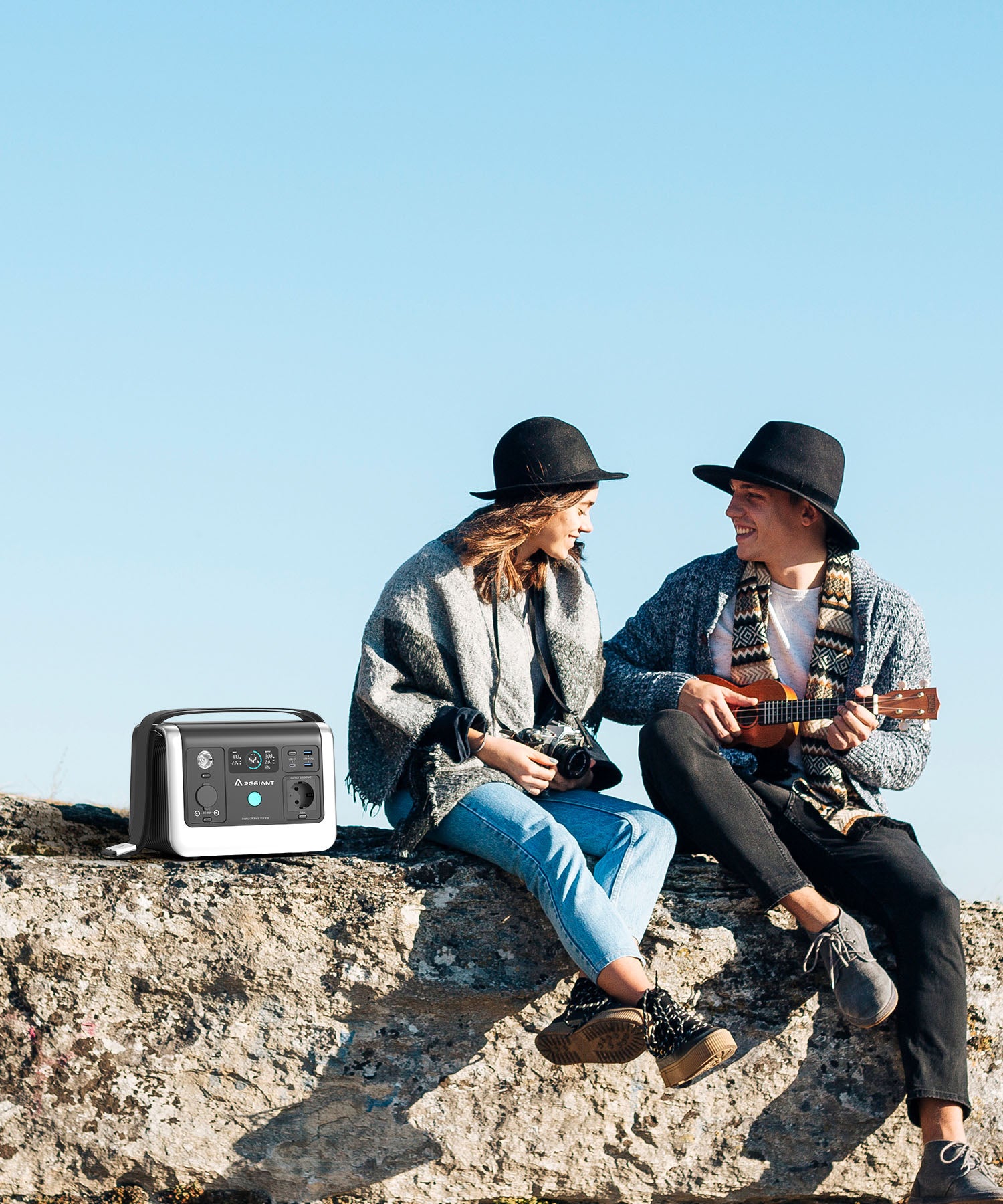
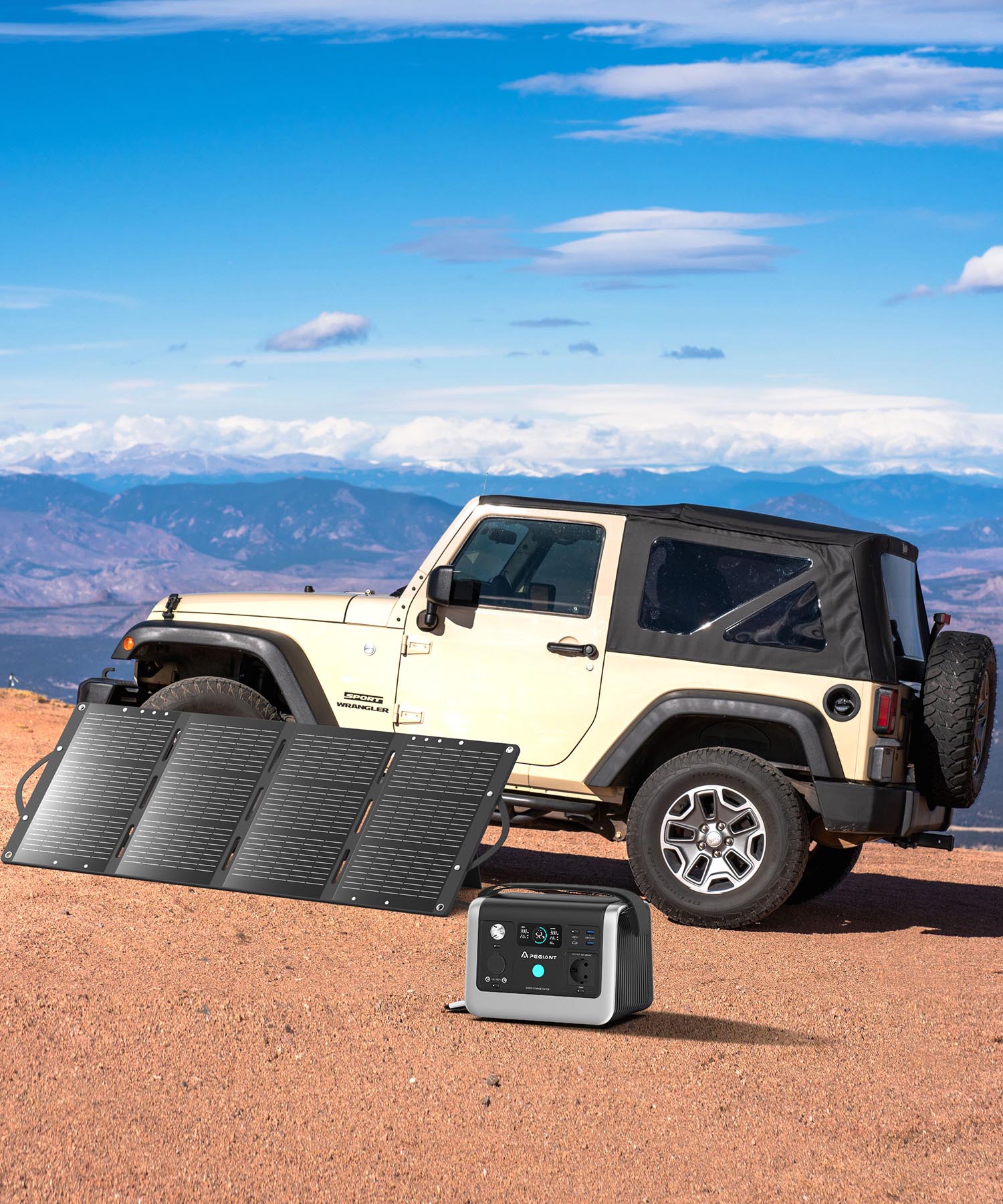

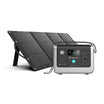
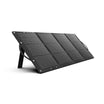

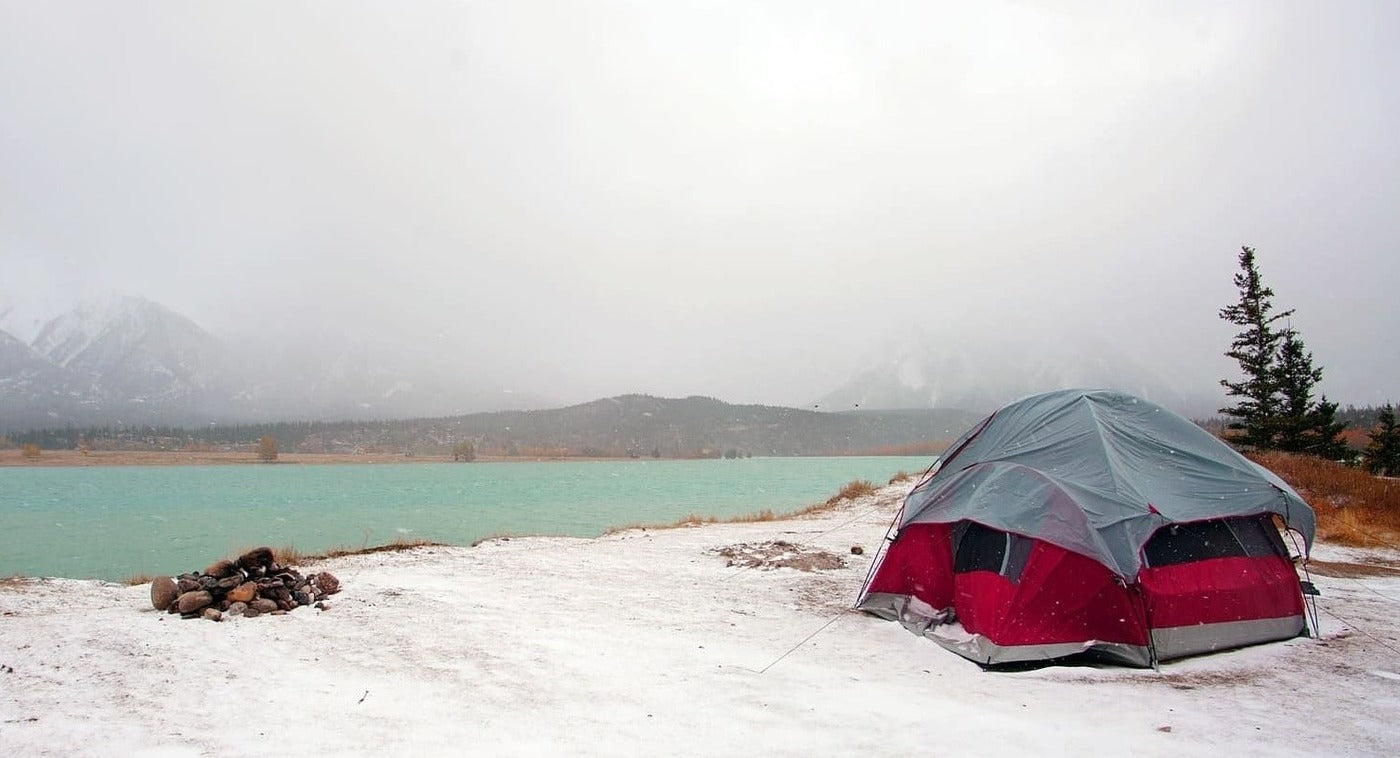
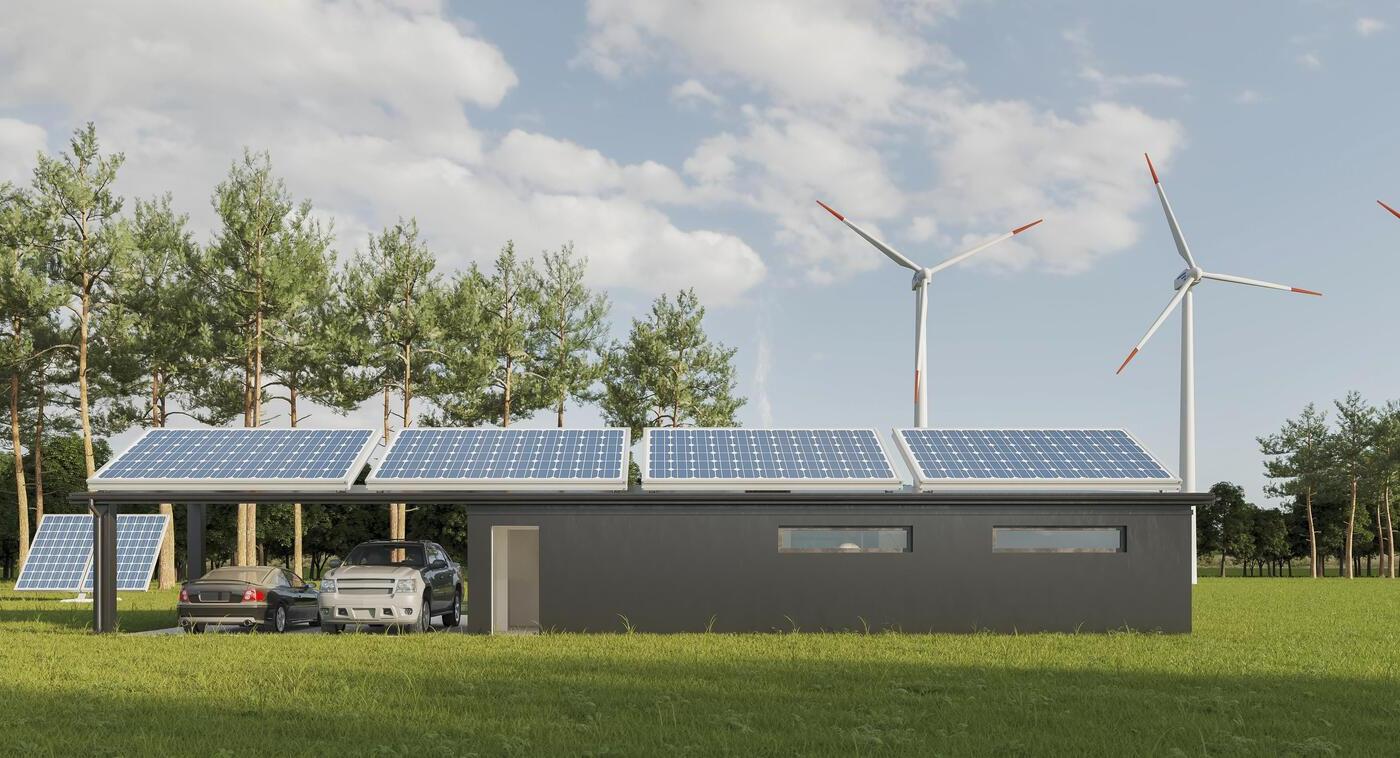
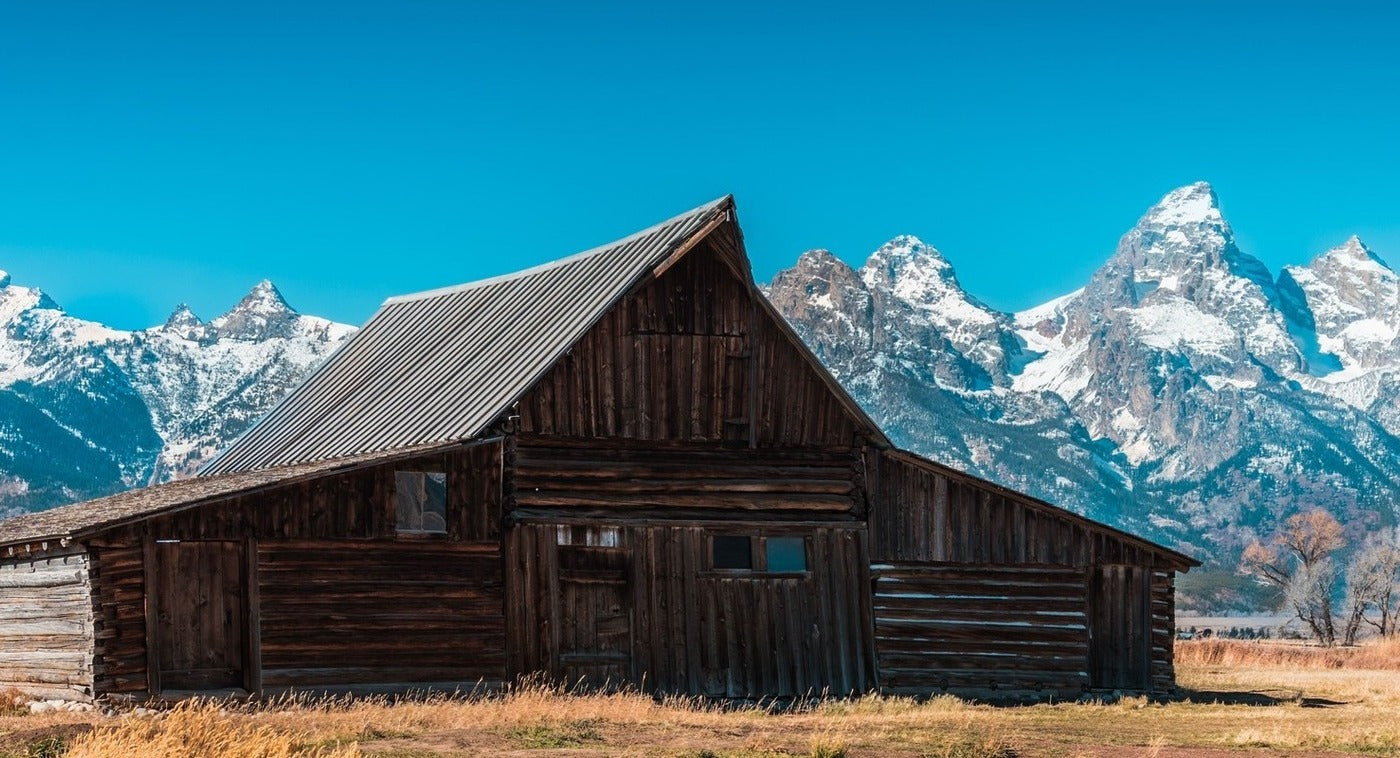
Leave a comment
This site is protected by hCaptcha and the hCaptcha Privacy Policy and Terms of Service apply.